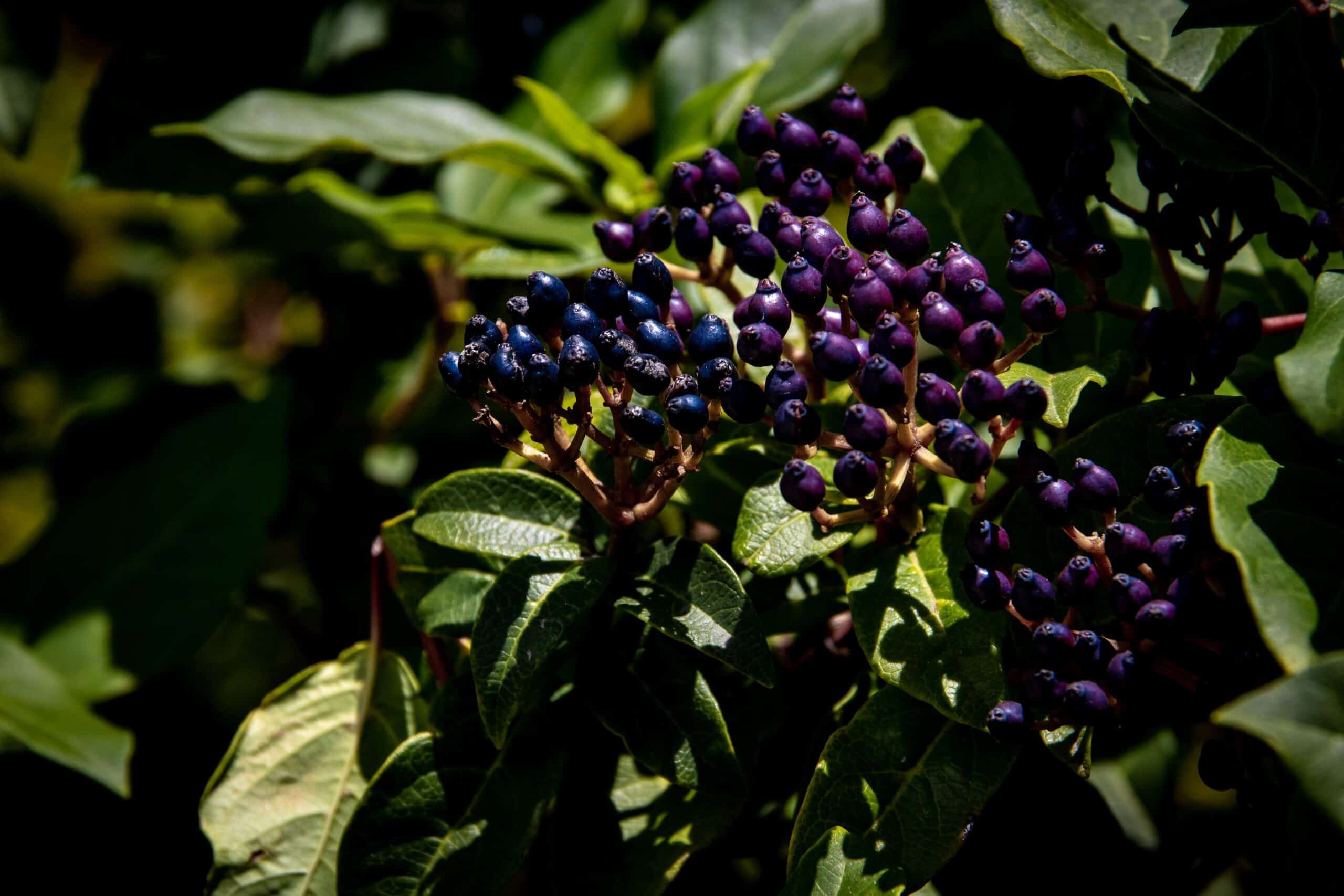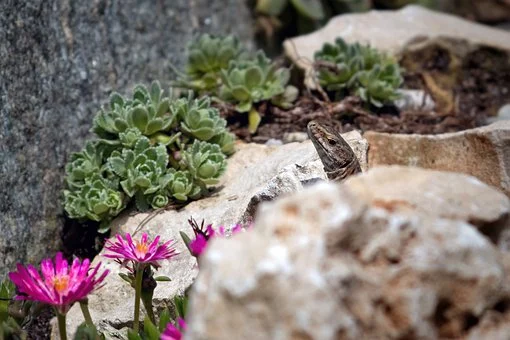Blueberries are packed with antioxidants and phytoflavinoids necessary for the human body. The nutrients contained in the berries are highly dependent on the health of the blueberry bushes. Fertilizing blueberries ensures that you get healthy and sweet blueberries. Different fertilizers will have varying effects on the yield of your blueberries. Therefore, it is crucial to know the different fertilizers for your blueberry plant and when to apply them.
What Are the Types of Fertilizers for Blueberries?
1. High Acid Fertilizers
The soil ph has a lot to do with the yield of your blueberry plant than you know. Blueberry bushes thrive in acidic regions. Acidic soil allows the blueberry plant to absorb nutrients easily. Therefore, the best plant food or fertilizer for blueberries should be acidic. This is so that the soil ph is less basic and more suitable for blueberries' growth.
Fertilizers containing sulfur-coated urea or ammonium sulfate are high in acidity necessary for blueberry plants. As such, they are recommended for your berry bushes. In addition, if you have amended the soil in order to improve the soil's physical properties, acidic fertilizers will ensure that your soil has the right nutrients for the berries.
2. Nitrogen Rich Fertilizers
Nitrogen is an essential ingredient for photosynthesis. In addition, nitrogen ensures that the plant is healthy as it grows and nutritious after harvest. For this reason, fertilizers rich in nitrogen are essential for a healthy blueberry yield. In addition, urea is a good source of nitrogen. However, note that a fertilizer containing nitrates may kill blueberry plants. Such plant foods include calcium nitrate or chloride.
3. Supplementing Fertilizers
Just like any other plant, blueberries are susceptible to nutritional deficiencies. Examples of such deficiencies include magnesium and iron deficiency. This lack of nutrients occurs when the fertilizer you are using does not provide these nutrients to the soil.
To know if your blueberry bush lacks magnesium, look out for a reddish yellow color near the edges of the leaves. For iron deficiency, the leaves become yellow with green veins. In addition, magnesium sulfate, sold in drugstores as Epsom salts, can supplement the soil. Finally, using the right nutrient-appropriate fertilizer will increase the quality and quantity of your harvest.
Can I Use A Natural Fertilizer For Blueberries?
Several organic alternatives are applicable to provide natural organic fertilizer to blueberry plants. For example, fish meals or blood meals are used in place of ammonium sulfate to provide nitrogen. In addition, coffee grounds naturally lower the soil ph, making it more acidic.
You can use bone meal or powdered seaweed to add phosphorus and potassium organically. However, always make sure to test the soil ph before any fertilizer application. Knowing the physical properties and nutrients of the soil beforehand ensures that you apply the right ratio of plant food when fertilizing blueberries.
When Is The Right Time for Fertilizing Blueberries?
Typically, it would be best if you fertilized your blueberry bush once a year during the spring season. This is before the blueberry leaves have grown in. Fertilizing blueberry plants at this time ensures that the fertilizer has adequate time to enter the soil and reach the root of the bush before active growth begins.
Fertilizer application will depend on the fertilizer that you use. However, reading the manufacturer's instructions will give you a general idea of the different fertilizer applications recommended.
How Do I Grow Blueberry Plants?
Growing blueberries can take years, especially if you are growing from seeds or cuttings. However, planting two-three-year-old bushes can get you crop yield faster. Before growing a blueberry plant, research more about your terrestrial area to familiarize yourself with the best time to plant, fertilize blueberry and the type of care expected from you.
You want to plant blueberries in soil that is properly amended with compost, rich in nutrients and well-draining. These requirements are important in the overall growth of your bush. In addition, planting more than one bush will facilitate cross-pollination.
How Do I Produce Healthy and Juicy Berries?
Patience is key when caring for your blueberry garden. There are several types of berry bushes and each thrives differently from the other depending on your region. Other requirements for healthy fruits include frequent irrigation and fertilization. The amount of water needed varies during the growing season and once the fruit begins to ripen. As a rule of thumb, check the soil often to make sure that it is always moist.
Mulching helps with air circulation and maintaining moisture in the plant's base. Other important tips include removing initial flowers. This is done to direct the plant's nutrients to the roots until the plant is mature enough. In addition, pruning dead branches is also recommended. However, be careful not to prune all the branches at once since blueberries grow on branches.
Can Blueberry Bushes Grow In A Container?
Blueberries have shallow roots that allow them to grow in containers easily. Planting berries in a container is also advantageous, especially if you do not have enough outdoor space to plant bushes. In addition, you want to ensure that your potting mix has acidic soil. Alternatively, adding organic matter like pine needles, compost and oak leaves into the soil will lower the ph.
In terms of the container to use, a 5-gallon container is suitable when you are starting out. However, you want to transfer the bush to a larger container, say 20-inches, after about two years. In addition, the containers should have drainage holes to release excess water from the soil.
Due to the small amount of soil in the container, organic fertilizer is more suitable. Azalea fertilizer or cottonseed meal are ideal when used sparingly on the bush. These fertilizers are packed with nitrogen, magnesium and other nutrients needed by the soil. Furthermore, you want to consider planting at least two bushes to allow for cross-pollination. However, you can also opt for a self-pollinating blueberry variety if you want to plant only one bush.
















